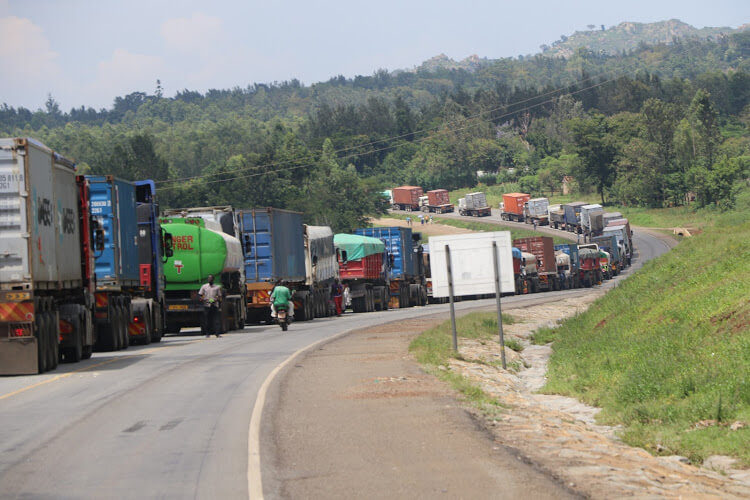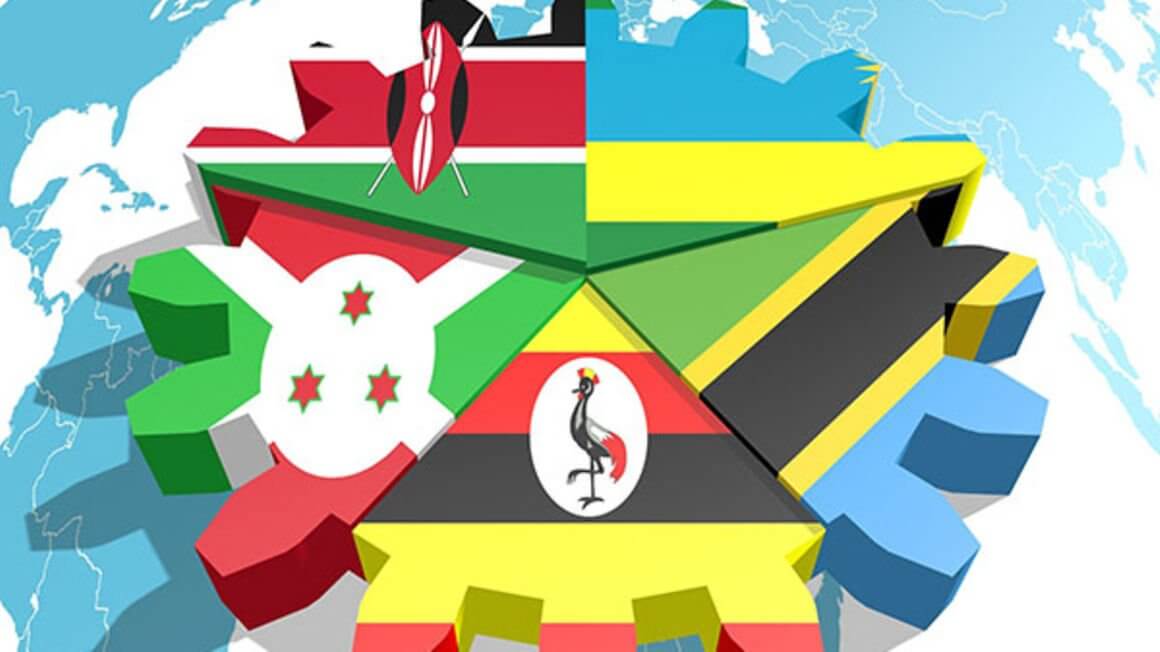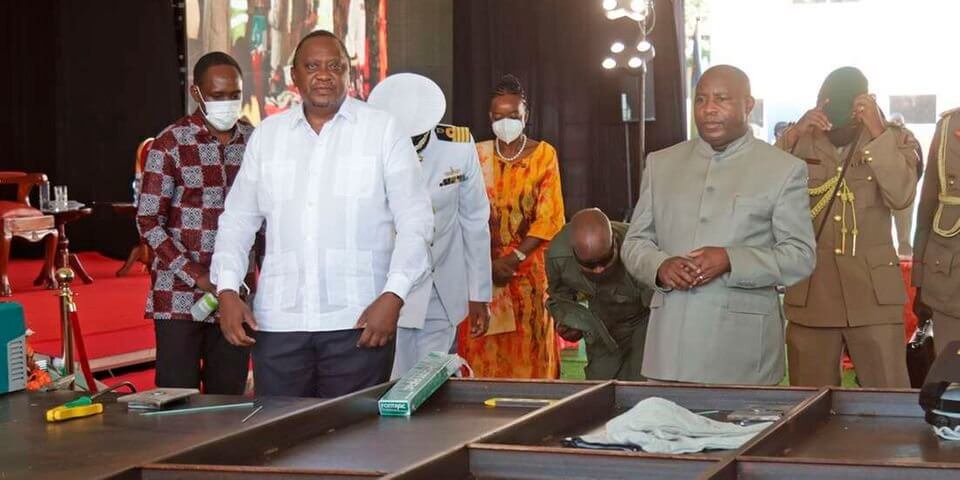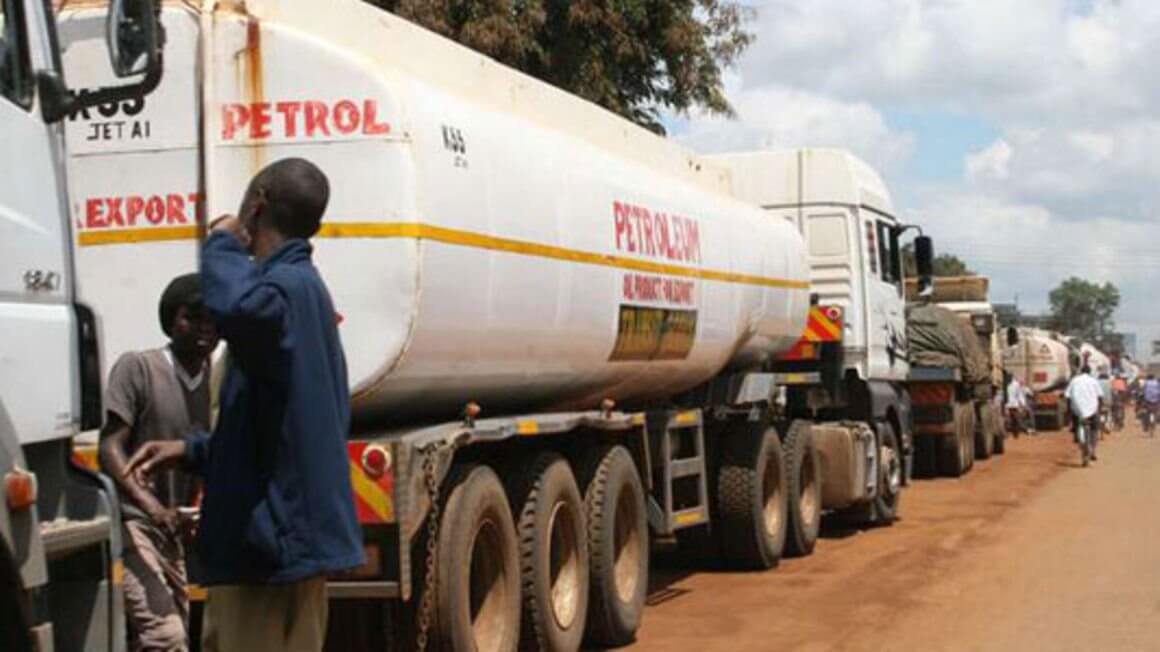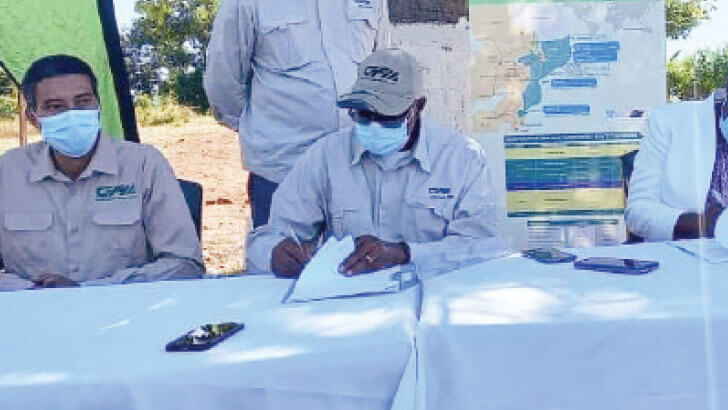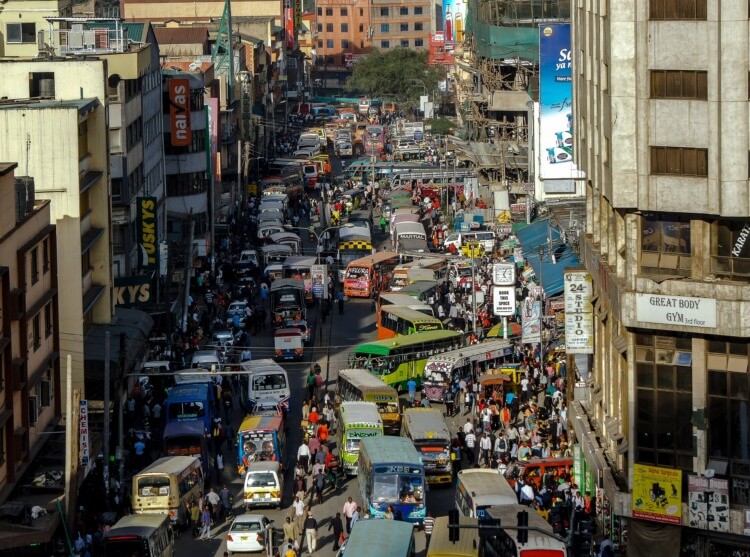In Summary Freight charges from Mombasa to Kampala increased from $2,200 (Sh238,150) to $2,500 (Sh 270,625 ) per container. This is pegged mainly on the delays along the corridor and especially at the ports of loading and the exit borders. Transport cost along the Northern Corridor has jumped 48 per cent in the wake of the Covid-19 pandemic, mainly on measures to contain the virus by regional states. A report by the Shippers Council of Eastern Africa (SCEA) indicates road freight rates increased in the key trading route which runs from the Port of Mombasa, across the country, into Uganda, Rwanda, DR Congo, Burindi and South Sudan. Freight charges from Mombasa to Kampala increased from $2,200 (Sh238,150) in the pre-pandemic period to $2,500 (Sh 270,625 ) per container (both 20 and 40 foot), which extended into the first half of this year. The cost of moving containerised goods to Kigali from Mombasa also increased from $3,400 (Sh 368,050) to $3800 (Sh 411,350), pegged mainly on the delays along the corridor and especially at the ports of loading and the exit borders. Uganda is the biggest destination for transit cargo along the corridor, accounting for about 83.2 per cent of total transit volumes. That of transporting a container from Mombasa to South Sudan increased to $4,500 (Sh487,125 ) from $3,600 (Sh 389,700) while moving a container to DRC went up to $6,000( Sh649,500 ) between March and June this year, from $5,000 (Sh 541,250). In terms of border crossing times, it...
Covid pushes Northern Corridor freight cost up 48%
Posted on: June 2, 2021
Posted on: June 2, 2021

